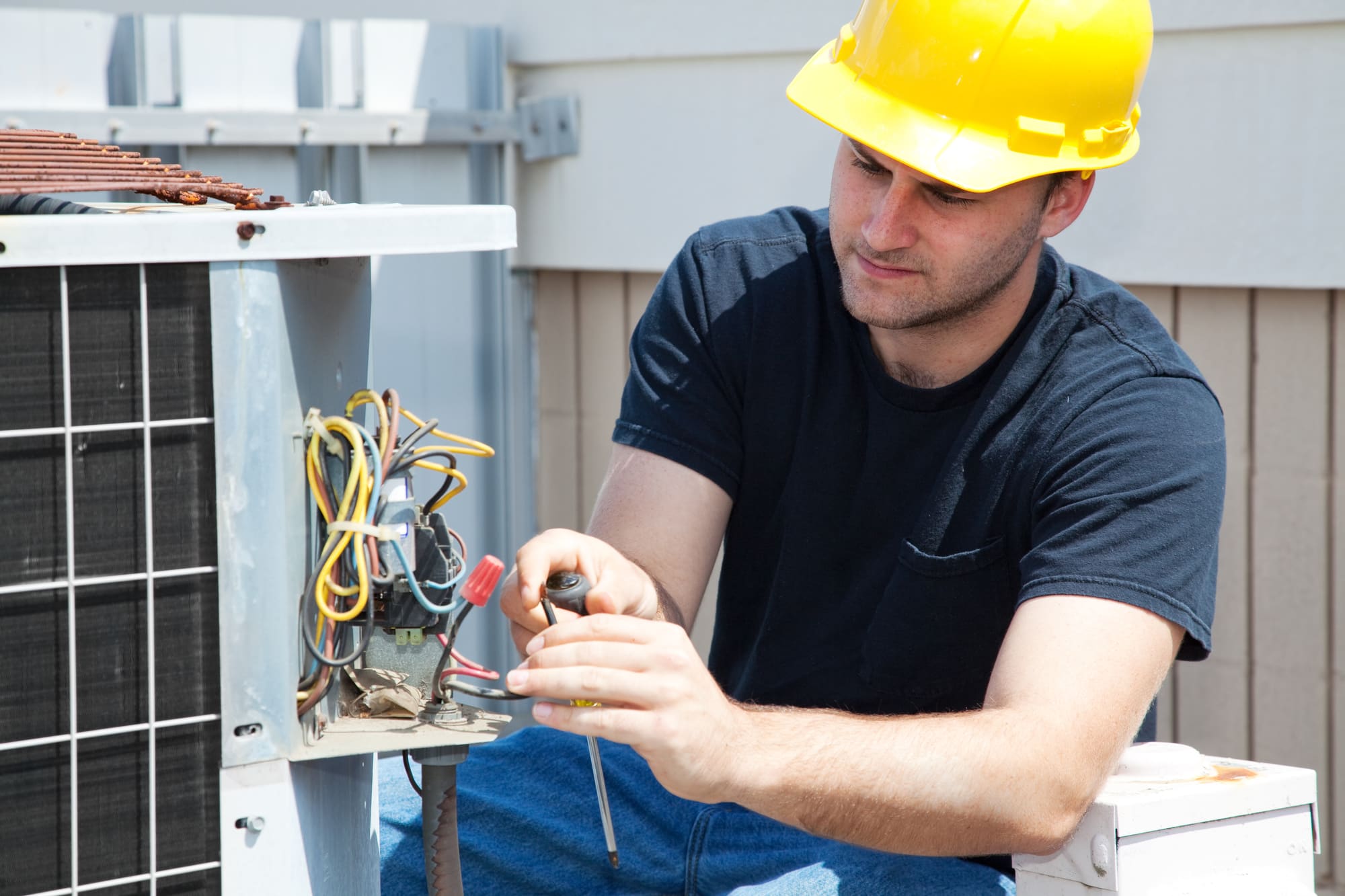

Articles
How To Choose An HVAC Contractor
Modified: December 7, 2023
Looking for expert advice on choosing the right HVAC contractor? Our articles provide valuable tips and insights to help you make the best decision.
(Many of the links in this article redirect to a specific reviewed product. Your purchase of these products through affiliate links helps to generate commission for Storables.com, at no extra cost. Learn more)
Introduction
When it comes to your home’s heating, ventilation, and air conditioning (HVAC) system, finding the right contractor is essential. Whether you need installation, repair, or maintenance services, partnering with a reliable and experienced HVAC contractor can ensure that your system functions efficiently and effectively, keeping your home comfortable throughout the year.
However, with so many contractors in the market, choosing the right one can be a daunting task. You want someone who is not only skilled but also trustworthy and dependable.
In this article, we will provide you with a comprehensive guide on how to choose the best HVAC contractor for your needs. We will discuss the steps to assess your HVAC requirements, research potential contractors, and evaluate their expertise, experience, and customer service.
By following these guidelines, you can make an informed decision and select a contractor that will deliver quality workmanship and provide you with the peace of mind you deserve.
Key Takeaways:
- Choose an HVAC contractor by assessing your needs, researching, checking credentials, and evaluating customer service. Obtain multiple quotes, consider energy efficiency, and finalize the contract for a successful and efficient home HVAC system.
- Prioritize a reliable HVAC contractor by evaluating experience, reading reviews, and checking warranties. Effective communication, thorough research, and clear contract terms ensure a comfortable and efficient home environment.
Read more: How To Become A HVAC Contractor
Assessing Your HVAC Needs
Before you start searching for an HVAC contractor, it is important to assess your specific needs and requirements. This will help you communicate effectively with potential contractors and ensure that they understand your expectations.
Start by evaluating the existing HVAC system in your home. Consider its age, performance, and any recurring issues you may have experienced. Are you looking for a complete system installation, or do you need repairs or maintenance? Understanding the scope of your project will allow you to find a contractor who specializes in the services you need.
Furthermore, consider any specific requirements you may have, such as energy efficiency, indoor air quality, or zoning needs. Identifying these factors will help you narrow down your options and find a contractor who can meet your unique demands.
Additionally, it’s important to determine your budget. Understanding how much you are willing to invest in your HVAC system will help you discuss pricing and options with potential contractors. It’s essential to strike a balance between quality and affordability to ensure long-term satisfaction with the results.
By assessing your HVAC needs upfront, you can approach contractors confidently and have more meaningful discussions about your project.
Researching Potential Contractors
Once you have a clear understanding of your HVAC needs, it’s time to start researching potential contractors. Here are some key steps to help you find reliable and reputable professionals:
- Seek recommendations: Start by asking friends, family, and neighbors for recommendations. Their firsthand experiences can provide valuable insights into the quality of work and customer service provided by different contractors.
- Check online directories: Use online directories or search engines to find HVAC contractors in your area. Make sure to read reviews and check their ratings to get an idea of their reputation.
- Visit contractor websites: Visit the websites of potential contractors to gather more information about their services, experience, and areas of expertise. Look for details about their licensing, certifications, and affiliations, as these factors indicate their professionalism and commitment to staying current in the industry.
- Look for online presence: A strong online presence, including active social media accounts, demonstrates that the contractor is engaged with their customers and committed to transparency.
- Review portfolios: Look for portfolios or galleries on contractors’ websites to see examples of their work. This can help you gauge their level of skill and quality of previous projects.
By conducting thorough research, you can narrow down your list of potential contractors and choose those who align with your expectations and requirements.
Checking Licensing and Insurance
When evaluating HVAC contractors, it is crucial to verify their licensing and insurance. These credentials serve as proof that the contractor meets the necessary standards and has the required expertise to perform HVAC services.
Start by checking if the contractor holds a valid license to operate in your state or locality. Each state has its own licensing requirements for HVAC contractors, so make sure the contractor you are considering complies with these regulations. You can usually verify their license status through the appropriate licensing board or agency.
Insurance coverage is equally important. Confirm that the contractor carries both liability insurance and workers’ compensation insurance. Liability insurance protects you in case of any damages to your property during the project, while workers’ compensation insurance covers any injuries or accidents that occur on your property.
Request copies of their insurance certificates and verify their authenticity with the respective insurance providers. This will give you peace of mind knowing that you are working with a contractor who has proper insurance coverage, reducing the risk of financial liability for any unforeseen incidents.
Working with a licensed and insured contractor ensures that you are protected and helps establish the contractor’s professionalism and commitment to the industry’s regulations and standards.
Reading Online Reviews
Reading online reviews is an essential step in the process of choosing an HVAC contractor. Reviews provide valuable insights into the experiences of past customers and can help you gauge the quality of work and customer service provided by a contractor.
Start by visiting reputable review websites such as Google, Yelp, or Angie’s List. Look for HVAC contractors in your area and read the reviews left by their previous clients. Pay attention to both positive and negative reviews, as they can give you a well-rounded perspective.
When reading online reviews, consider the following factors:
- Overall rating: Look at the overall rating given to the contractor. A higher rating signifies a higher level of customer satisfaction.
- Detailed feedback: Take the time to read the detailed feedback left by customers. Look for specific details about the contractor’s professionalism, communication, timeliness, and quality of work.
- Consistency: Observe if there are consistent themes in the reviews. Do multiple customers mention the same issues or praises? This can give you a better sense of the contractor’s strengths and weaknesses.
- Response to reviews: Check if the contractor has responded to any of the reviews. This demonstrates their commitment to customer satisfaction and willingness to address any concerns or feedback.
It’s essential to remember that no contractor is perfect, and a few negative reviews are not uncommon. However, if you notice a pattern of negative feedback or multiple unresolved complaints, it may be a red flag and indicate potential issues with that contractor.
Reading online reviews can help you gain valuable insights and make an informed decision when selecting an HVAC contractor.
Read more: What Is A HVAC Contractor
Obtaining Multiple Quotes
One of the crucial steps in choosing an HVAC contractor is obtaining multiple quotes for your project. By gathering quotes from different contractors, you can compare pricing, services, and terms to make an informed decision that aligns with your budget and requirements.
When requesting quotes, provide each contractor with a detailed description of the work you need to be done. This will ensure that all quotes are based on the same scope of work, allowing for accurate comparisons.
Here are some key considerations when obtaining multiple quotes:
- Compare pricing: While cost is an important factor, it should not be the sole determining factor. Look for a balance between affordability and the value provided. Be cautious of extremely low prices as they may indicate substandard work or the use of low-quality materials.
- Review included services: Carefully review the services included in each quote. Ensure that all necessary tasks, such as installation, repairs, maintenance, and warranty coverage, are clearly outlined. Compare the level of detail and thoroughness of each contractor’s proposal.
- Ask questions: If you have any doubts or require clarification, don’t hesitate to ask questions. Contractors should be able to explain their quotes and rationale for pricing differences.
- Consider additional fees: Inquire about any potential additional fees that may not be explicitly stated in the quote. This could include permit fees, disposal fees, or any extra charges for unexpected circumstances.
- Understand warranty coverage: Determine the warranty coverage offered by each contractor. A comprehensive warranty indicates the contractor’s confidence in their work and provides you with peace of mind.
By obtaining multiple quotes, you can compare the offerings of different contractors and choose the one that provides the best combination of quality, service, and affordability.
Evaluating Experience and Expertise
When selecting an HVAC contractor, it is important to evaluate their experience and expertise in the industry. An experienced contractor with a proven track record is more likely to deliver high-quality work and handle any challenges that may arise during your project.
Here are some factors to consider when evaluating a contractor’s experience and expertise:
- Years in business: Determine how long the contractor has been in business. A longer tenure indicates stability and experience in the industry.
- Specializations: Look for contractors who specialize in the specific services you need. Certain contractors may excel in installations, while others may have expertise in repairs or maintenance.
- Training and certifications: Inquire about the contractor’s training and certifications. HVAC technology is constantly evolving, and certifications demonstrate that the contractor is knowledgeable and up to date with industry standards.
- Project history: Ask the contractor about their past projects and if they have experience working on similar projects as yours. Request references or case studies to get a better understanding of the quality and scope of their previous work.
- Industry affiliations: Check if the contractor is affiliated with professional organizations or industry associations. Affiliations indicate that the contractor is committed to following best practices and staying informed about industry advancements.
During the evaluation process, ask probing questions and assess the contractor’s knowledge and ability to address your concerns. A reputable contractor will be transparent about their experience, offer insights, and guide you through the decision-making process.
Choosing an HVAC contractor with extensive experience and expertise can provide you with the confidence that your project will be handled with professionalism and result in optimal system performance.
When choosing an HVAC contractor, make sure to check their licensing, insurance, and experience. It’s also important to ask for references and get multiple quotes before making a decision.
Assessing Customer Service
Customer service is a critical aspect to consider when choosing an HVAC contractor. A contractor with excellent customer service will not only provide quality work but also ensure a positive overall experience throughout your project. Here are some factors to assess when evaluating a contractor’s customer service:
- Response time: Contact the contractor and observe their response time. A prompt response indicates their commitment to customer satisfaction and their ability to address any inquiries or concerns in a timely manner.
- Communication: Evaluate how well the contractor communicates with you. Are they attentive, responsive, and thorough in their discussions? Clear and effective communication is essential to ensure that both parties are on the same page throughout the project.
- Professionalism: Assess the contractor’s professionalism in their interactions with you. Are they courteous, respectful, and knowledgeable? Professionalism is key to establishing trust and confidence in their abilities.
- Transparency: A reputable contractor will be transparent regarding pricing, project timelines, and any potential challenges that may arise. They should provide clear and honest explanations and keep you informed throughout the process.
- Flexibility: Consider the contractor’s flexibility in accommodating your specific needs and preferences. Are they willing to work around your schedule or address any special requests? Flexibility demonstrates a customer-centric approach.
Additionally, ask for references from past customers and reach out to them to get firsthand feedback on their experience with the contractor. Online reviews and testimonials can also provide valuable insights into a contractor’s customer service track record.
Assessing customer service will help you gauge the contractor’s commitment to your satisfaction, ensuring a smooth and positive experience from start to finish.
Asking for References
When selecting an HVAC contractor, asking for references is a valuable step to gain insights into the contractor’s work quality, professionalism, and customer satisfaction. References allow you to connect with past clients and hear about their firsthand experiences with the contractor.
Here are some tips for asking for references and making the most of them:
- Request multiple references: Ask the contractor for a list of references, usually past customers who have had similar projects completed. Having multiple references will provide a broader perspective on the contractor’s performance.
- Contact the references: Take the time to contact the provided references and ask them specific questions about their experience. Inquire about the quality of work, adherence to timelines, communication, and overall satisfaction with the contractor’s services.
- Prepare questions: Before reaching out to the references, prepare a list of questions to ask. This can include queries about the contractor’s professionalism, timeliness, attention to detail, and ability to address any concerns.
- Listen attentively: When speaking with references, listen attentively to their responses and take note of any common themes or recurring feedback. This will help you form a clearer picture of the contractor’s strengths and potential weaknesses.
- Consider online reviews: In addition to speaking with references, cross-reference the contractor’s online reviews. This will provide a well-rounded perspective, as online reviews often represent a larger pool of customer experiences.
Asking for references and following up with them allows you to gather valuable insights from other customers and build confidence in your choice of contractor. It also demonstrates the contractor’s willingness to provide references, which is typically a positive sign of their transparency and commitment to customer satisfaction.
By utilizing references as part of your contractor evaluation process, you can make an informed decision based on the experiences of others who have worked with the contractor before.
Read more: How Much Do HVAC Contractors Make
Considering Energy Efficiency Options
Energy efficiency is an important consideration when choosing an HVAC contractor, as it can have a significant impact on your energy bills and carbon footprint. A reputable contractor should offer energy-efficient solutions and guide you towards options that can optimize the performance of your HVAC system while minimizing energy consumption. Here are some ways to consider energy efficiency options:
- Ask about energy-efficient products: Inquire if the contractor offers energy-efficient HVAC systems and components. They should be knowledgeable about the latest energy-efficient technologies, such as high-efficiency furnaces, air conditioners, heat pumps, and smart thermostats.
- Explore system upgrades: Discuss with the contractor the possibility of upgrading your existing HVAC system to a more energy-efficient model. They should be able to assess your current system and recommend suitable upgrades that can improve energy efficiency and overall performance.
- Inquire about energy-saving practices: A reputable contractor should have energy-saving practices in place during installations and maintenance. This includes properly sealing ductwork, optimizing airflow, and ensuring proper insulation to prevent energy loss.
- Consider system zoning: If you have different temperature needs in different areas of your home, ask the contractor about zoning options. Zoning allows you to regulate temperatures in specific zones or rooms, reducing energy waste by only heating or cooling the areas that are occupied.
- Check for energy certifications: Inquire if the contractor holds certifications related to energy efficiency, such as ENERGY STAR® certification. These certifications demonstrate their commitment to providing energy-efficient solutions.
By considering energy efficiency options, you can not only reduce your environmental impact but also enjoy long-term cost savings on your energy bills. An HVAC contractor knowledgeable about energy-efficient options can guide you towards solutions that align with your goals and priorities.
Checking for Warranty and Guarantees
When selecting an HVAC contractor, it is important to inquire about the warranty and guarantees they offer. A solid warranty provides you with peace of mind, ensuring that the contractor stands behind their workmanship and the products they install. Here are some key points to consider when checking for warranty and guarantees:
- Understand the coverage: Ask the contractor for details about the warranty coverage. What components and services are covered? How long does the warranty last? Understanding the specifics of the warranty will help you assess its value.
- Check for manufacturer warranties: In addition to the contractor’s warranty, inquire about any manufacturer warranties that cover the HVAC equipment. Manufacturers often provide warranties on their products, and it’s important to understand these terms as well.
- Clarify warranty terms and conditions: Read the warranty terms and conditions thoroughly. Pay attention to any exclusions or limitations. Ensure that you understand the requirements for warranty coverage, such as regular maintenance or specific usage guidelines.
- Ask about guarantees: Inquire about any guarantees the contractor offers for their workmanship. A workmanship guarantee ensures that the contractor will stand by the quality of their installation or services. It provides you with assurance that they will address any issues or defects that arise due to their work.
- Get it in writing: Request a written copy of the warranty and guarantees offered by the contractor. Having documentation ensures that both parties are clear on the terms and can refer to them if any issues arise in the future.
A contractor that offers a comprehensive warranty and guarantees their work shows their commitment to customer satisfaction and the quality of their services. It provides you with added protection and ensures that you are covered in case of any unforeseen issues.
Checking for warranty and guarantees is an important step in selecting an HVAC contractor, as it gives you confidence in their commitment to delivering reliable and long-lasting results.
Finalizing the Contract and Payment Terms
Once you have chosen an HVAC contractor, it’s time to finalize the contract and payment terms. A well-drafted contract protects both parties and ensures that all aspects of the project are clearly defined. Here are some key considerations when finalizing the contract:
- Scope of work: Clearly outline the scope of work in the contract, including the specific HVAC services to be provided, the equipment to be installed or repaired, and any additional tasks or responsibilities.
- Timeline: Agree upon a timeline for the project, including start and completion dates. A specific timeline ensures that both parties are aligned on the expected timeframe for the work to be completed.
- Pricing and payment terms: Define the pricing for the project and specify the payment terms. Discuss whether the payment will be made in stages or upon completion, and outline any deposits or down payments that may be required.
- Material and equipment specifications: Specify the materials, equipment models, and brands to be used in the project. This ensures that you are aware of the quality of products that will be installed in your HVAC system.
- Change orders: Include a clause that outlines how change orders will be handled. Change orders may arise if there are modifications or additions to the initial scope of work, and having a process in place ensures proper documentation and adjustments to the contract and pricing.
- Permits and inspections: Include provisions regarding permits and inspections required for the project. Ensure that the contractor is responsible for obtaining necessary permits, and that they are committed to complying with all relevant codes and regulations.
- Cleanup and disposal: Discuss expectations for cleanup and disposal of debris and old equipment. Confirm that the contractor will be responsible for removing any waste generated during the project.
Before signing the contract, thoroughly review all the terms and conditions. If you have any questions or concerns, discuss them with the contractor and seek clarification or modifications as needed. Taking the time to finalize the contract and payment terms ensures clarity and reduces the chances of misunderstandings or disputes down the line.
Once the contract is signed, make sure to keep a copy for your records. This document serves as a reference point for both parties throughout the project and provides protection in case of any disagreements or issues that may arise.
Conclusion
Choosing the right HVAC contractor is crucial for the comfort and efficiency of your home’s heating and cooling system. By following the steps outlined in this guide, you can make an informed decision and select a reliable contractor who will deliver quality work and outstanding customer service.
Assessing your HVAC needs and understanding your requirements is the first step in finding the right contractor. Take the time to research potential contractors, checking their licensing, insurance, and online reviews. Obtaining multiple quotes allows you to compare pricing and services, while evaluating experience and expertise ensures the contractor has the necessary skills to meet your needs.
Customer service is a significant factor to consider, as it affects your overall experience throughout the project. Asking for references and checking their satisfaction levels helps assess the contractor’s past performance. Evaluating energy efficiency options, warranty offerings, and finalizing the contract and payment terms ensure you are well-informed and protected throughout the project.
Remember to communicate effectively with the contractor, asking questions and clarifying any doubts along the way. Building a good rapport with your chosen contractor establishes open lines of communication, fostering a productive and successful working relationship.
In conclusion, selecting the right HVAC contractor involves thorough research, careful evaluation, and clear communication. By investing time and effort into finding a reputable contractor, you can ensure the long-term functionality and efficiency of your HVAC system, providing comfort and peace of mind for years to come.
Frequently Asked Questions about How To Choose An HVAC Contractor
Was this page helpful?
At Storables.com, we guarantee accurate and reliable information. Our content, validated by Expert Board Contributors, is crafted following stringent Editorial Policies. We're committed to providing you with well-researched, expert-backed insights for all your informational needs.
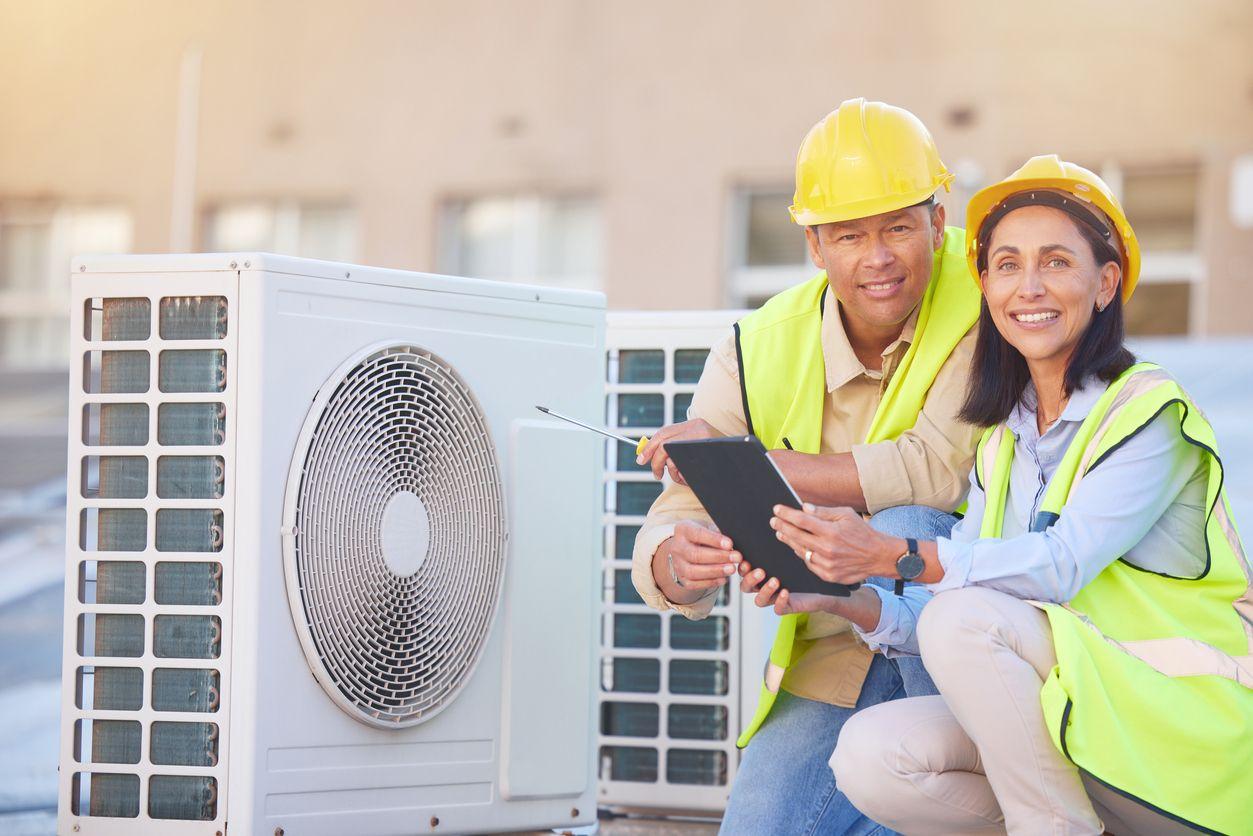

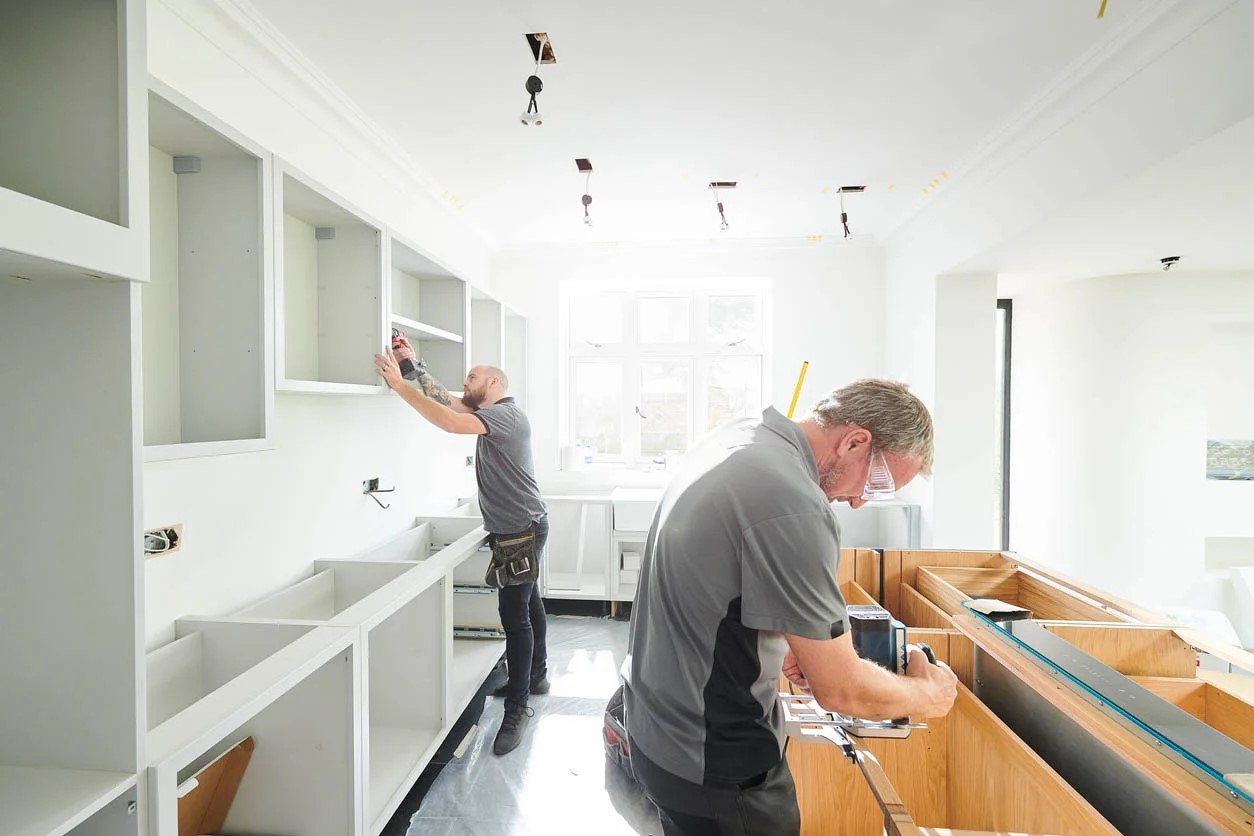


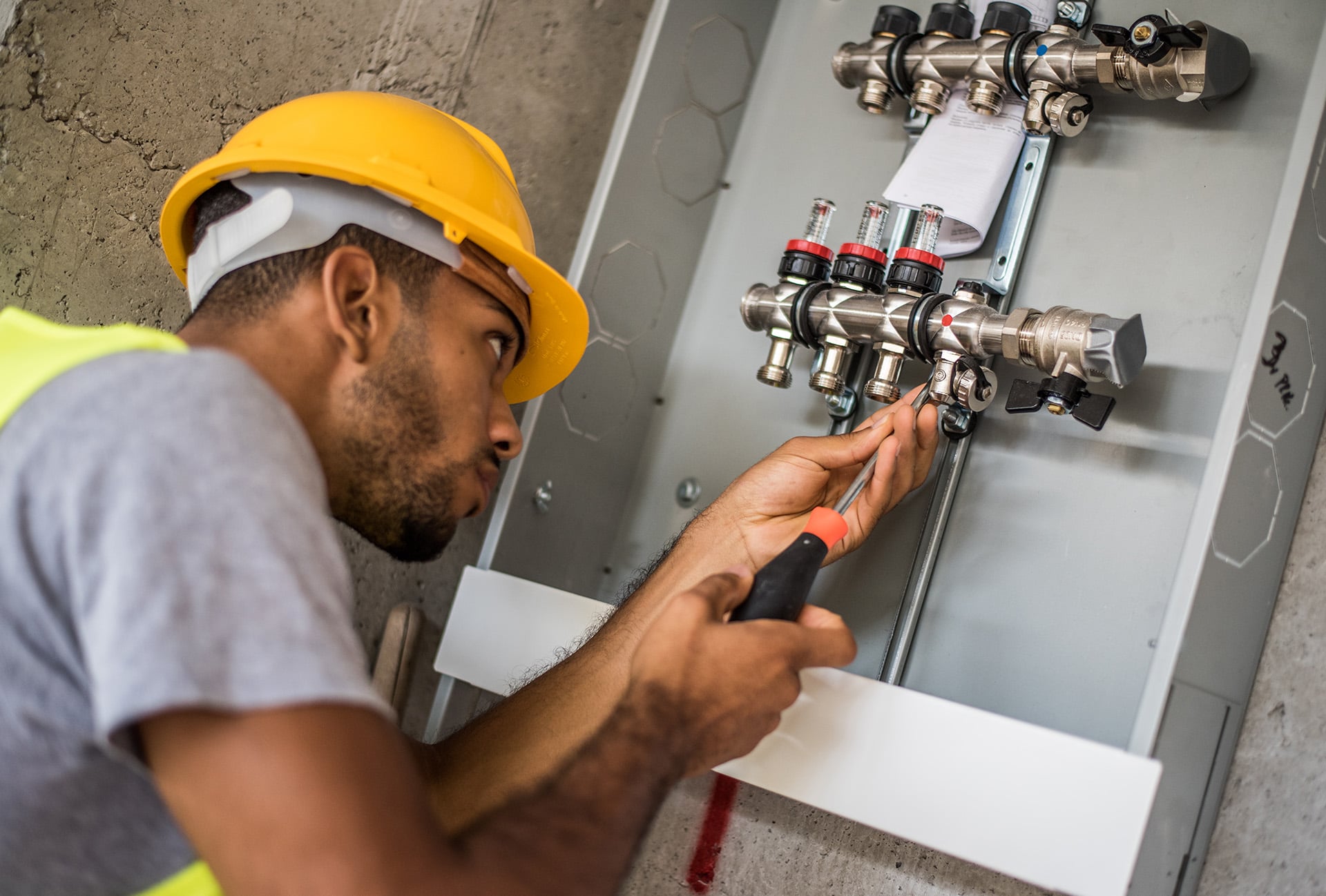


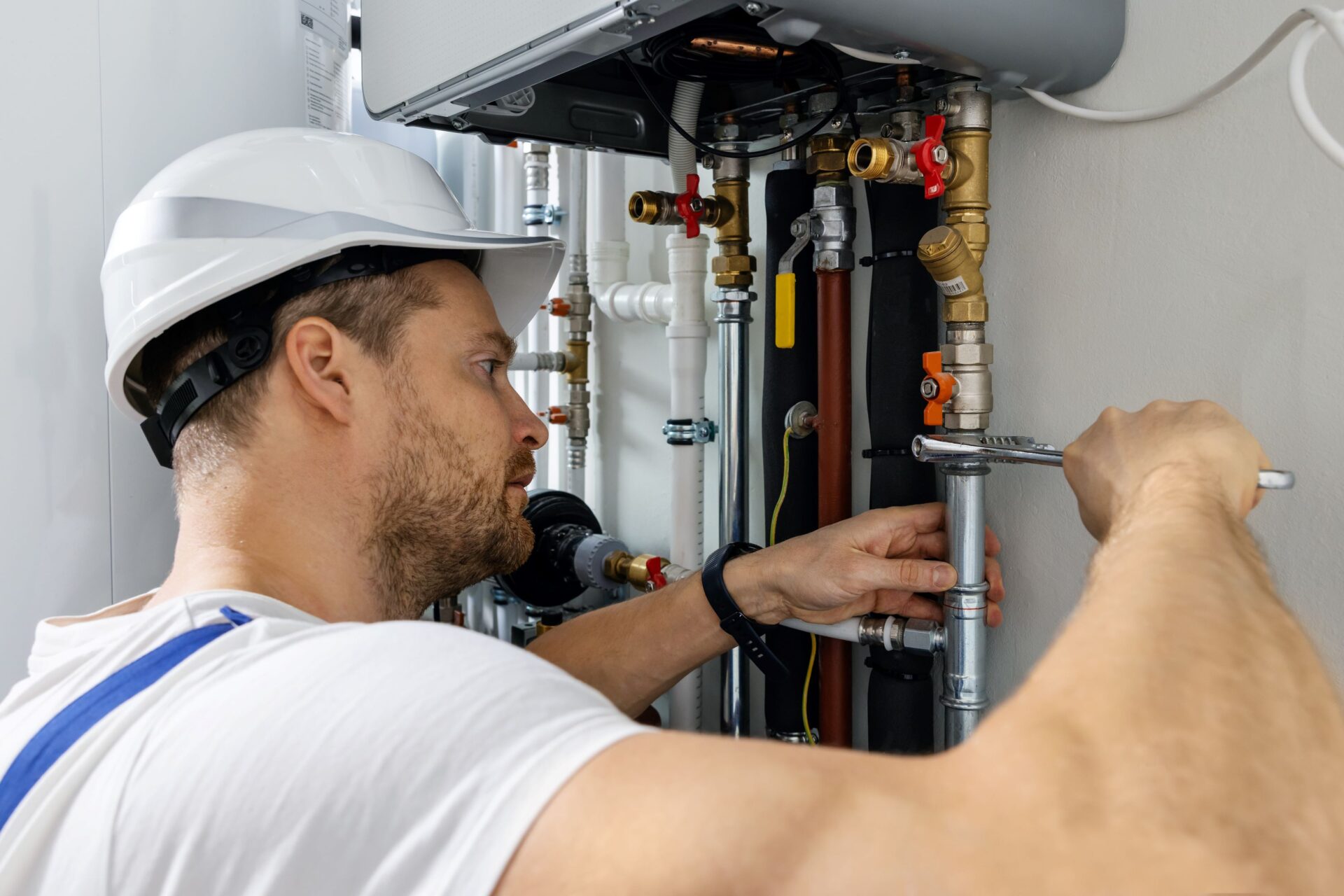

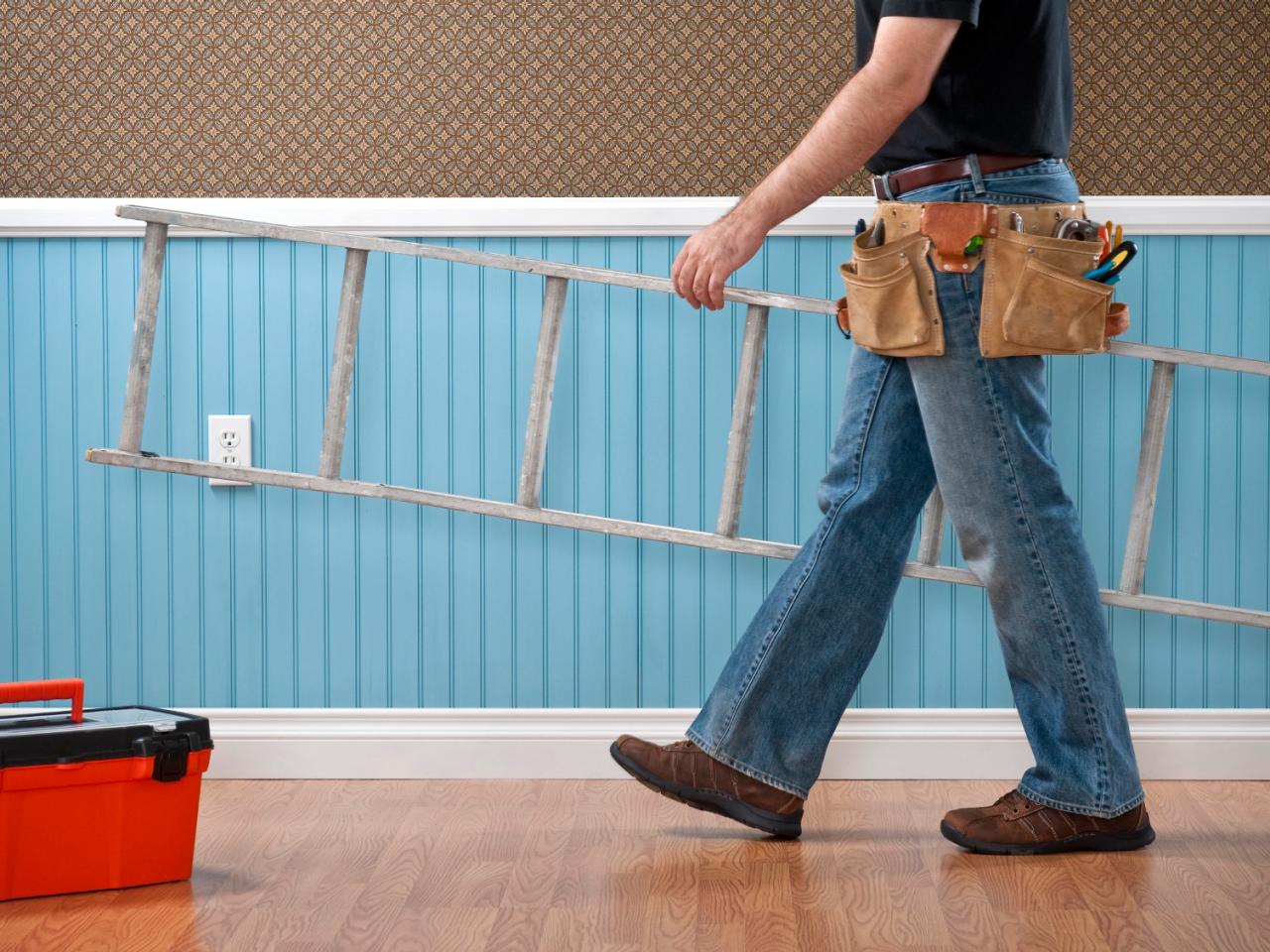



0 thoughts on “How To Choose An HVAC Contractor”